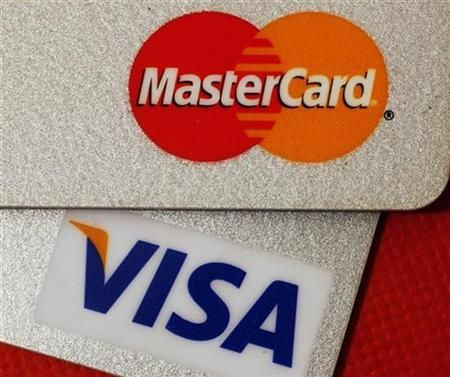US Retail Group To Obama, Congress: Can We Get Back To Work Now?

The nation’s largest retail advocacy organization said after the election it was prepared to work with the Obama administration while outlining issues vital to the health of a sector responsible for an estimated 42 million jobs and $2.5 billion of the U.S. Gross Domestic Product.
The National Retail Federation called on the president and Congress Wednesday to, among other things, force online retailers to charge the same sales taxes required by brick-and-mortar competitors and to eliminate the hidden fee system imposed by credit card issuers on their retail clients.
“The U.S. needs public policy that encourages economic growth and removes barriers to job creation. As the industry that supports one out of every four U.S. jobs, retailers look forward to continuing to work with President Obama and the new Congress toward the goal of putting Americans back to work and ensuring that our economy remains the strongest in the world,” said NRF President and CEO Matthew Shay.
The NRF is currently challenging a settlement requiring Mastercard Inc. (NYSE: MA) and Visa Inc. (NYSE: V) to pay out $7.25 billion as a penalty for what retailers say is price-fixing by the two financial services companies responsible for four out five card transactions in the U.S. Last Thursday, as the Northeast began cleaning up from Hurricane Sandy, the NRF officially filed its petition to block preliminary approval of the settlement. An alliance of nine smaller retailers supports the settlement. A hearing is scheduled for Friday, according to The Associated Press.
The NRF, along with about a dozen major retailers, says the settlement doesn’t address the core problem, that the big credit card companies have too much power to call the shots on the terms of a transaction system from which they profit greatly. The settlement does allow merchants to charge credit card users separately as a swipe fee; previously, card issuers mandated that merchants charge everyone the same, thus passing card service fees to everyone by including them in the price of the product or service.
Another major item on the agenda for retailers is how to deal with online merchants like Seattle’s Amazon.com, which is allowed to sell products nationwide that in most cases are exempt from the same sales taxes as traditional vendors. A U.S. Supreme Court ruling dating back to 1992 prohibits the collection of sales taxes from merchants who lack a physical presence in the state. But even as online heavyweight Amazon.com has expressed commitment to resolving the problem of lost sales tax revenue to the states, anti-tax conservatives, including Grover Norquist and Sen. Jim DeMint (R-S.C.), coupled with a contentious election year, has made any solution out of Washington unlikely. Now that the election is over, it’s possible some momentum may pick up to address the uneven pricing advantage online retailers have selling to customers in states where they have no physical presence.
The House of Representatives is mulling the Marketplace Equity Act of 2011 (H.R. 3179) while the Senate is considering the companion Marketplace Fairness Act (S. 1832), but little progress has been made this year. And due to the lack of momentum in Washington, states themselves may be forced to address the issue by implementing their own specific rules. Massachusetts, for example, has its own bill in the works.
© Copyright IBTimes 2024. All rights reserved.






















